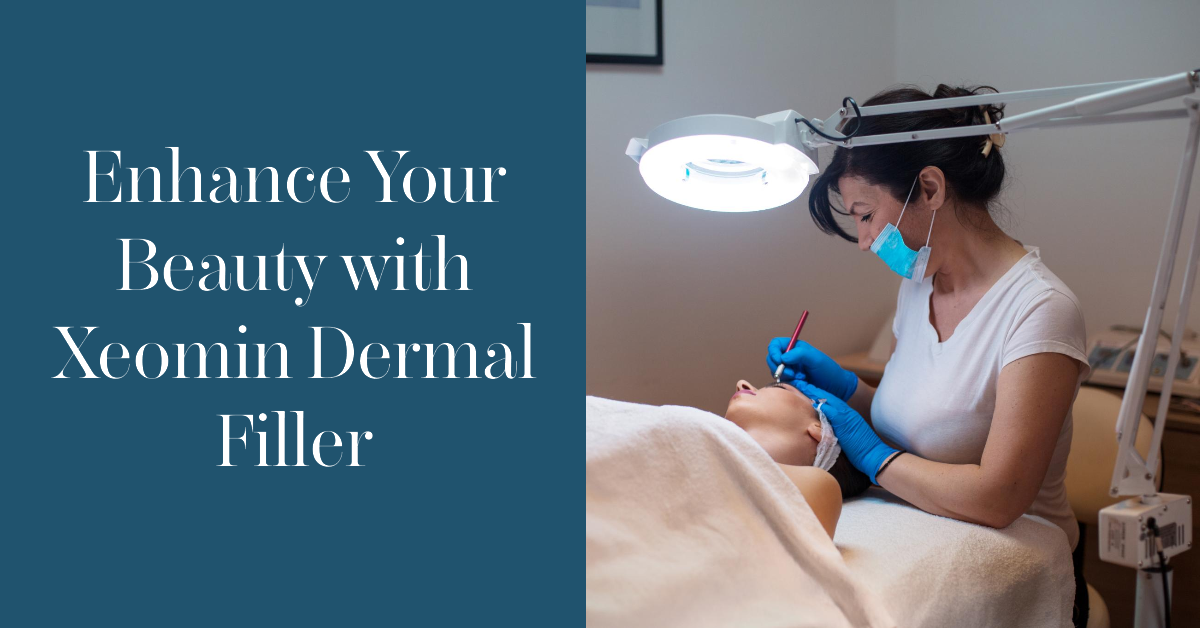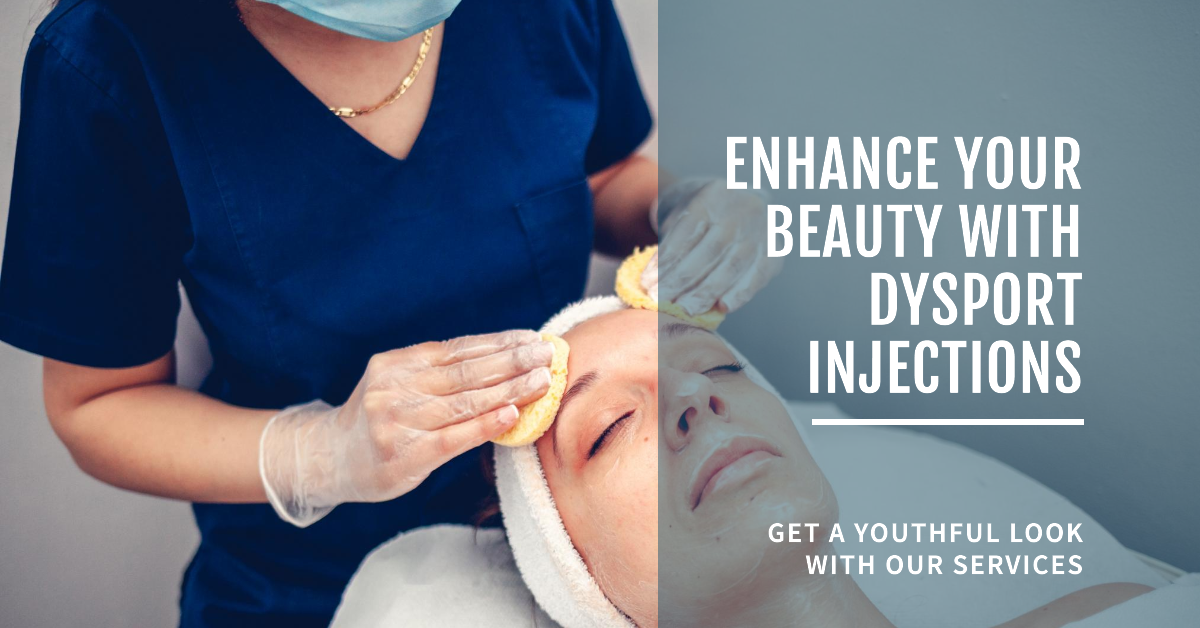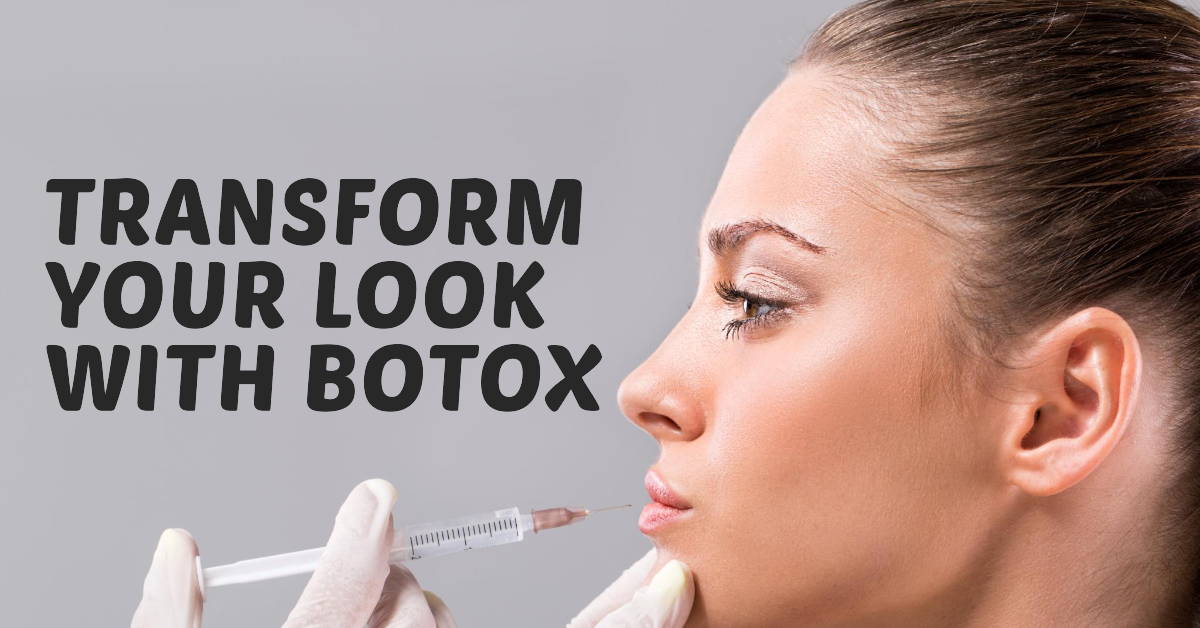Aging and Hormonal Changes
Aging and Hormonal Changes
- 155 Views
- February 26, 2023

Both men and women experience fluctuating hormone levels as a normal component of the aging process. These fluctuations can have a variety of effects. Our hormone levels start to decrease as we get older, which can put us at risk for a wide variety of health problems. Understanding these hormonal changes and how they affect the body is absolutely necessary in order to promote healthy aging according to the principles of functional medicine.
The decrease in estrogen levels that occurs naturally with age in women is one of the most important hormonal changes connected with the aging process. Estrogen is important for several elements of women’s health, including the density of their bones, the health of their hearts, and their cognitive abilities. It is possible for women to have symptoms such as hot flashes, changes in mood, and sleep disruptions as their estrogen levels decrease. These symptoms can have a substantial negative impact on a woman’s quality of life and may raise the chance of developing chronic health issues such as osteoporosis and cardiovascular disease.
A decrease in testosterone levels is a typical example of a hormonal shift that occurs naturally with advancing age in men. Testosterone is an extremely important hormone for men’s health, as it influences a wide range of factors, including bone density, muscular mass, sex desire, and energy levels. It is possible for men to have symptoms such as a reduction in muscle mass, an increase in body fat, and a loss of desire as their testosterone levels fall. These symptoms can have a substantial influence on a man’s quality of life and can considerably raise the chance of males developing chronic health disorders such as cardiovascular disease and type 2 diabetes.
There are functional medicine measures that can assist and support healthy aging, despite the fact that changes in hormonal levels are a natural part of the aging process. Modifications to one’s lifestyle, including as engaging in regular exercise, finding healthy ways to cope with stress, and maintaining a nutritious diet, can, for instance, support healthy hormone levels and lower the chance of developing chronic health disorders related to aging. In addition, practitioners of functional medicine may employ targeted supplements as well as other interventions in order to assist in supporting hormone balance and overall health.
To summarize, hormonal shifts are an inevitable component of the aging process. It is essential to become aware of the influence these shifts have on the body in order to age in a healthy manner. Supporting hormone balance and lowering the risk of developing chronic health disorders that are related to aging can be accomplished with the help of functional medicine tactics such as modifying one’s lifestyle, taking targeted supplements, and engaging in other interventions. We can experience a graceful aging process and a life that is both lively and rewarding if we take a proactive attitude to our health and wellness.
Color Dyes are Health Disruptors
Dye stains are everywhere in today’s society; they may be found anywhere, from processed foods and medicines to cosmetics, clothing, and even personal care products. Although these dyes can give the things we use more color and a more appealing appearance, there is a possibility that they are hazardous to our health. In today’s post, we will discuss the potential dangers that are related to color dyes, as well as the steps that you may take to protect your health.
The possibility of allergic reactions is one of the most significant issues that arise when dealing with color dyes. There is a possibility that certain individuals are sensitive to particular colors, which might result in skin irritation, hives, and other symptoms. In extreme circumstances, an allergic reaction to a color dye can produce anaphylaxis, a condition that poses an immediate risk to one’s life and requires prompt medical intervention. It is vital to carefully read product labels in order to limit the chance of an allergic reaction. Moreover, it is important to avoid items that contain colors that you are aware you are sensitive to.
Certain color dyes have been connected to more serious health risks, including cancer and other disorders, in addition to the allergic reactions that they can cause. Studies conducted on animals have revealed that exposure to some synthetic dyes, such as Red 40, can lead to the development of cancer. Even though there haven’t been many studies done on humans, there’s reason to be concerned about the long-term effects of being exposed to synthetic dyes. It is vital to choose items that are created with natural colors, such as those derived from plants and minerals, in order to cut down on your exposure to dyes that could be potentially hazardous to your health.
Consuming foods that are whole and unprocessed as much as possible is an additional strategy for lowering your risk of being exposed to potentially hazardous color ants. Synthetic dyes are frequently added to processed meals in order to improve their overall appearance and appeal; however, these colors can be harmful to a person’s health. If you choose fresh, whole foods, you can decrease the amount of potentially toxic dyes and additives that you take into your body.
In conclusion, color dyes have the potential to impart vivacity and allure to the things that we consume, but they also carry the potential to endanger our health. You may protect your health and lower your risk of being exposed to potentially dangerous dyes by carefully reading product labels, opting for natural dyes, and selecting foods that have not been processed or refined in any way.
Andropause
As men age, their bodies undergo a natural decline in hormone levels, similar to women’s experience of menopause. This process is commonly referred to as andropause, and it is marked by a gradual decline in testosterone levels. Unlike menopause, andropause is a gradual process that can take place over many years. However, the impact on men’s health can be significant. From a functional medicine perspective, understanding and addressing the hormonal changes associated with andropause is crucial to promoting healthy aging.
One of the most significant hormonal changes associated with andropause is a decline in testosterone levels. Testosterone is a hormone that plays a vital role in men’s health, affecting everything from muscle mass and bone density to sex drive and energy levels. As testosterone levels decline, men may experience symptoms such as decreased muscle mass, increased body fat, and decreased libido. These symptoms can significantly impact men’s quality of life and increase the risk of chronic health conditions such as cardiovascular disease and type 2 diabetes.
From a functional medicine perspective, addressing the hormonal changes associated with andropause requires a comprehensive approach that focuses on lifestyle modifications, targeted supplementation, and other interventions. For example, regular exercise and stress reduction can help support healthy testosterone levels and reduce the risk of chronic health conditions associated with aging. Additionally, targeted supplementation with nutrients such as vitamin D and zinc can help support hormone balance and overall health.
In addition to lifestyle modifications and targeted supplementation, functional medicine practitioners may also use bioidentical hormone replacement therapy (BHRT) to address hormonal imbalances associated with andropause. BHRT uses hormones that are chemically identical to those produced by the body to help support healthy hormone levels and alleviate symptoms associated with hormonal imbalances.
In conclusion, andropause is a natural part of the aging process that can significantly impact men’s health and quality of life. From a functional medicine perspective, addressing the hormonal changes associated with andropause requires a comprehensive approach that includes lifestyle modifications, targeted supplementation, and other interventions such as BHRT. By taking a proactive approach to health and wellness, men can age gracefully and enjoy a vibrant, fulfilling life.
Sincerely,
Sandra MacSweeney, MHA, FNP-S, CFMP-S
// About Me

Vanessa Osorio
Vanessa is a passionate skin care specialist/ esthetician with 8 years of experience under her belt embarking several states including South Florida and California. She has been a zealous advocate for expanding confidence in her clients through various skin treatments. Vanesa specializes in Medical-Grade anti-aging and body contouring services. She is certified in microneedling, microchanneling, ultrasound, radio frequency, and chemical peels among other advanced procedures.
// Popular Feeds
// Sponsor Adds
















